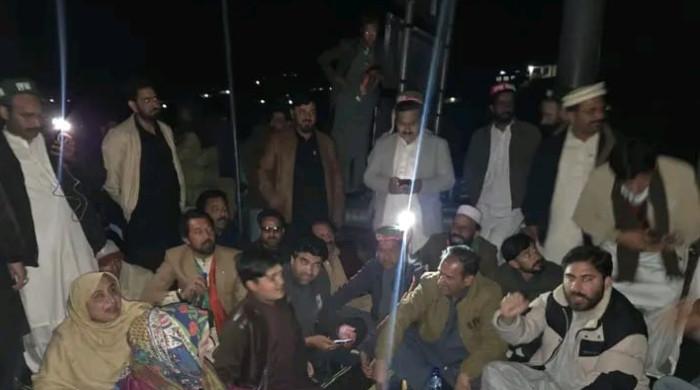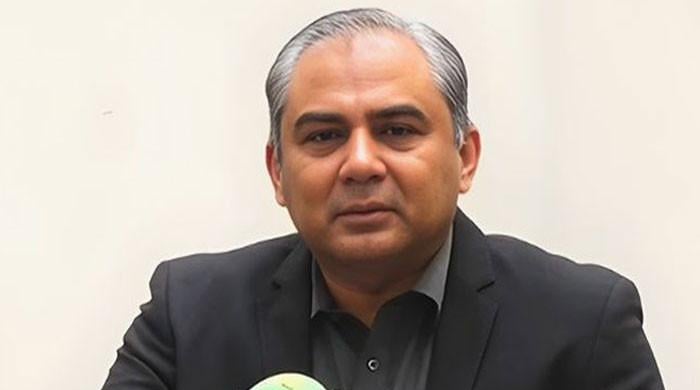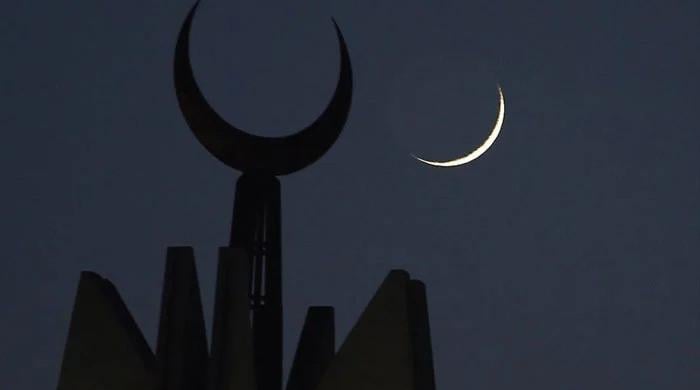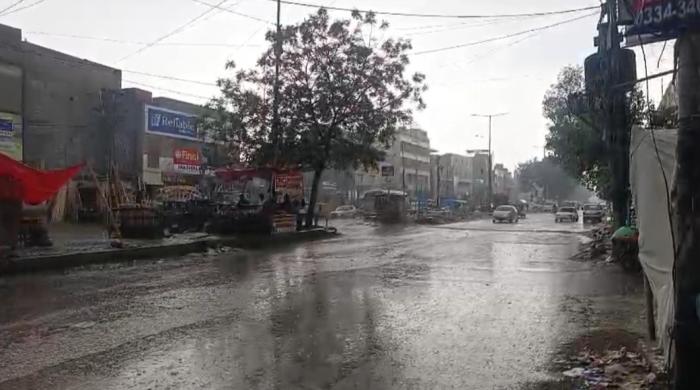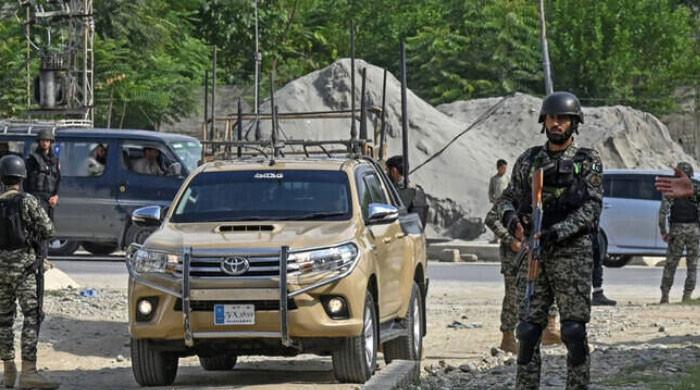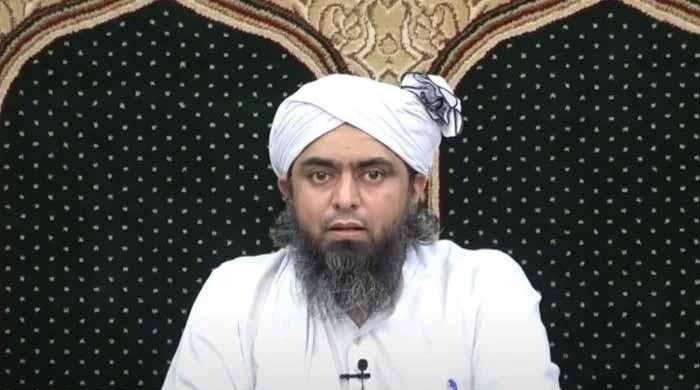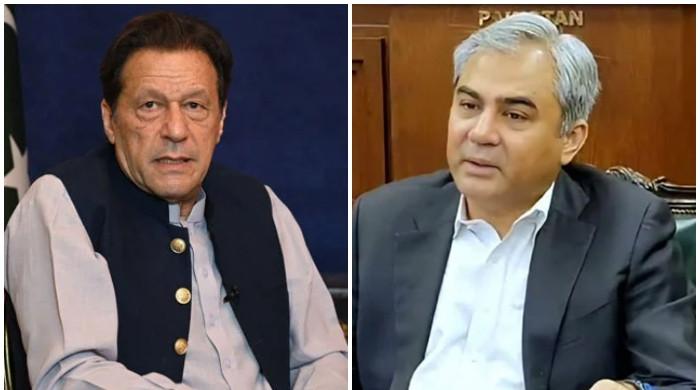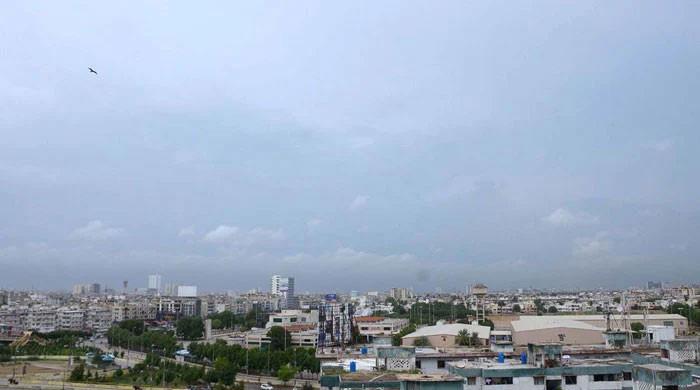Is tomorrow really another day?
Pakistan has a long history of a troubled relationship with the United States and relations between the two countries should be assessed more under politico-strategic context than bilateral amity,...
November 09, 2016
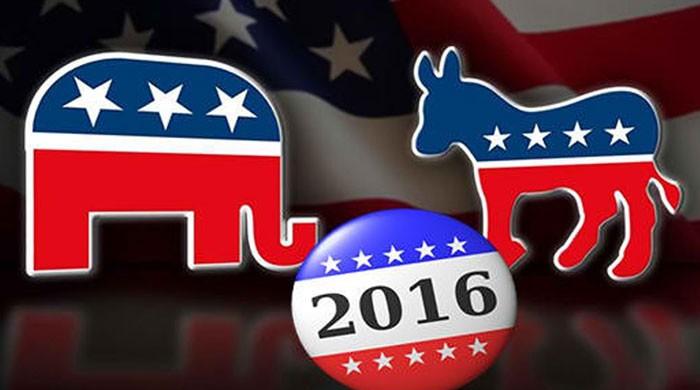
As it appears to be the case at the moment, the new President of the United States – either it’s Clinton or Trump – won’t be going to impact the current state of affairs in South Asia much; none of them could though, afford to underrate the repercussions of the rift between Pakistan and India fast escalating these days.
Given their future engagements in aggravating internal issues such as employment rate, unequal salary, immigrants, gun control, health and the revival of the under stress middle class, coupled with their much intoned priorities of dealing with the ISIS and sources of terrorism in the Middle East, with Putin as a persistent nemesis and with China in the Far East, Pakistan and the South Asian region do not appear to be their most considerable urgencies.
What has been believed and said time and again, Pakistan has a long history of a troubled relationship with the United States since the beginning. Right from allowing Peshawar Air Station to US Army to help them keep an eye on Soviet missile programmes in 1956, to the ‘allegedly’ covert US raid that killed Osama bin Laden in 2011, relations between the two countries should be assessed more under politico-strategic context than bilateral amity.
Out of an endless trail of great expectations from both sides, things have never been congenial enough to count on, in creating peace and achieving economic stability. And things may not be going to change much in the days to follow as well! Of these two contesting candidates, the Democrat one is quite likely to continue chanting her typical slogan, ‘Do more,’ whereas the Republican one expects India to ‘fix’ Pakistan on nuclear stability as he had once clearly said.
Before going a bit deeper into analyzing today’s US Election under Pakistan’s perspectives, one might feel like knowing more of apparently who’s going to vote who in the first place.
As all his speeches and debates since August 2015 have much of it, Republican Donald Trump has said and done enough to antagonize certain communities and cadres that any of their members would never ever like to cast his / her vote in his favour. Especially the people from feminist, women and human right groups, immigrants especially Hispanic – the Latinos originally from Mexico and parts of Central and South America; from Middle East and China as well as religious communities like American Muslims would be the last ones that would like to have him in the White House for the next four years. Trump, over and over again, has targeted these people in general, expressing his hatred and discomfort for ‘their’ being part of ‘his’ society.
That way, he seems to be losing most of the immigrants’ votes that make almost 30 per cent of the country’s population. Nevertheless, a huge white population especially the working class surely makes his voters club reasonably stronger. Indian Americans would add to the size of this club. And it must not surprise anyone!
In October this year, Trump reportedly attended an Indian-American charity show, where he expressed his sentiments for Hindu and Indian community. He’s been reported to have said: “I am a big fan of Hindus.” He also praised Indian Prime Minister, Narendra Modi, adding that he is a big fan of India as well. This, however, may not be a reason good enough for the Republican candidate to bring the Indian community electorally closer him. In a radio talk show during his campaign, he had once said: “You have to get India involved. India is the check to Pakistan.” It seems he refuses to consider Pakistan having conflicts with India.
In fact, as can safely be assessed, his consistent voicing over global terrorism which, as he puts it, is sponsored by Islamist organisations and states; his serious concerns over Pakistan’s nuclear assets and his idea of making Pakistan a nuclear-stable country with the help of neighboring India, have already created the ground for him to appeal to the Indian community – already under the spell of suspicion and mistrust towards Pakistan in the aftermath of Gurdaspur, Pathankot and Uri attacks.
Going by history, Muslim Pakistani-Americans have always had friendly relations with Republicans. As a nation, it seems, Pakistan’s ideology has had peculiar connections with the Republicans’ history of Conservatism. Their consistent alliances in containing fast spreading Communism and offering fierce resistance to the might, and power, of former Soviet Union during the Cold War, are the fundamental and decisive reasons behind this phenomenon. The scene though, has changed.
An individual Republican has parted ways with Pakistani Muslim community by making all such statements and making undisputedly a controversial policy towards them.
The electoral trend among the Indian American community has been in stark contrast to the Pakistani Muslims. The Indians have rather been closer to Democrats. And this trend too has changed, making this community drift to the Republicans. Putting it another way, one could witness the US Presidential Election 2016 as a major source of the widening divide between the people of Pakistan and India. This is the situation that might be having some consequences back home.
During the campaign, a group of Trump’s Indian-American supporters has recently released a video, targeting Clinton’s aide named Huma Abedin because of her Pakistani origin. The video tends to convince the Indian-American to vote for Trump, as Clinton is more sympathetic towards Pakistan, blaming she has aided Pakistan with billions of dollars and military equipment to be used against India. For a more tragic fact, while the Indians were always there, the Republicans were never like this before, frankly!
Donald J. Trump is surely a man who should be extremely lovable for, I must call, the White Nostalgic Americans. In spite of the consistent migration from all over the world since the World War II, the White (non-Hispanic-Latino) Americans culturally dominated the country, making almost 80 per cent of the total U.S population in 1980. Speaking under psychological perspective, these old timers – means the White Americans – must have been missing a country with mostly the white people all around. And for many of them, Trump must have been a source of relief as he talks about creating a wall deep in the South so as to stop people entering the United States through Mexican border; he doesn’t like Muslims; and he hates Chinese people for taking over the job opportunities that should have rather been given to his Americans. Therefore, the Presidential Election can also be dubbed as, Nostalgic White Americans vs Neo Colored Americans – the latter mostly supporting Hillary Clinton.
Here I have to return to Pakistan’s perspective. Amidst countless allegations against Pakistan for sponsoring terrorism and providing shelters to the factors involved in terror attacks in many parts of the world, Mrs. Clinton once had daringly made a very clear statement, acknowledging that the United States too had a share in creating the problem that had plagued today’s Pakistan. She said: “We can point fingers at the Pakistanis ... but the problems we face now to some extent we have to take responsibility for, having contributed to it.” Clinton vehemently had admitted: “Let's remember here ... the people we are fighting today we funded them twenty years ago ... and we did it because we were locked in a struggle with the Soviet Union … they invaded Afghanistan ... and it was President Reagan, in partnership with Congress led by Democrats, who said you know what it sounds like a pretty good idea ... let's deal with the ISI and the Pakistan military and let's go recruit these Mujahideen.”
For the whole world in general and for Indians in particular, she made a comprehensive statement that should remind them of Soviet Union’s losses which Pakistan had contributed to, as well as of the fact that after subduing the powerful communists, the United States had left Pakistan under the state of helplessness, to deal alone with thousands of trained & armed Mujahideen, Stingers, countless mines along the border with Afghanistan – the facts that should have been said before the world could target Pakistan for nurturing terrorism on its own.
As for today’s Indian media, Clinton’s statement has everything to answer all their concerns connected with Pakistan. The foremost allegation to be put on every Pakistani analyst live connected to any Indian TV channel, is about the terror ‘sponsored’ by Pakistan, about the radical elements being sheltered and about the terrorists infiltrating into India, targeting Gurdaspur and Pathankot areas. So, if Clinton wins, she would continue to play a vital role in creating a softer image of Pakistan by placing all these historical facts at the right time, and under the situations that would desperately need that of her narrations based on history and facts, proving Pakistan more as a victim of terror than anything else.
While on tour in Pakistan years ago, she was asked whether her country was Pakistan's ‘mother-in-law’ who never got satisfied by the latter’s performance, always demanding to ‘do more.’ In her response to the question, she had said: “Once a mother-in-law, always a mother-in-law, but perhaps mothers-in-law can learn new ways also."
But right on the other hand, what needs to be taken seriously is her statement which she made on October 01, 2016, expressing fear over the possibility of emergence of nuclear suicide bombers from Pakistan if extremists get access to the country’s nuclear weapons. Again, this is a mindset that needs to be addressed in the first place as it might misguide some nations to think of Pakistan the way her Republican rival and Pakistan’s nemesis do.
For a fact, the Democrats – while keeping the occupation of White House after this election – will surely maintain their policy to keep pressure on Pakistan to deal decisively and indiscriminately with terrorists on its soil as has vehemently been mentioned in the party manifesto. It says if elected, the Clinton administration would continue Obama’s foreign policies, particularly in South Asia.
In retrospect, especially in context of what the two contesting candidates have been emphasizing on, in their party debates and in other statements during the campaign, certain factors appear to be common between both of them. For instance, no matter who wins today, the new White House administration would continue to keep pressure on Pakistan on terrorism which is believed to be generated on its soil, it would continue to emphasise on making constant efforts to develop and maintain peace with India, to “do more” in the war against terror and it would surely keep asking Pakistan to play a fair role in bringing stability in Afghanistan and resolve all outstanding issues with its northwestern neighbour.
While it’s been described above why Pakistan and South Asia might not be considered as the urgencies by the upcoming White House administration, certain indirect issues such as conflicts in the Middle East, would keep Pakistan’s political and military significance intact. Pakistan’s developing ties with Russia and China’s investment would add to this significance, only to keep White House to not forget this part of the world at any point of time.
Nevertheless, the changing political scenario in the United States must be taken as an opportunity too. While Pakistan has to go through the history of its troubled relations with the United States for a better future prospects, it’s time for the country to review its policies over certain issues that would not only pave a smooth path towards a more productive bilateral relations between the two countries, but also it will lead Pakistan to develop its socio-political, industrial and democratic structure afresh. And these certain issues primarily are the policies on how to deal better with militancy and its sources, and how to deal better with the neighbouring countries. Frankly, at this stage of history, we are actually getting short of space, options and time!




